As our readers will know, Rye and the surrounding area is the temporary home of 28 individuals and families (with room for more) who have been forced from their homes by the actions of the dictator in Russia, unleashing an unprovoked attack on a peaceful neighbour and now personally responsible for tens of thousands of deaths, with almost certainly tens of thousands more to come.
We have all heard the stories and seen the pictures – ruined buildings, homes destroyed and looted by Russian troops, whole cities reduced to rubble, torture, rape, murder on a grand scale by an enemy who is – and let’s not mince our words here – more reminiscent of the medieval barbarian hordes than a modern disciplined, civilised army.
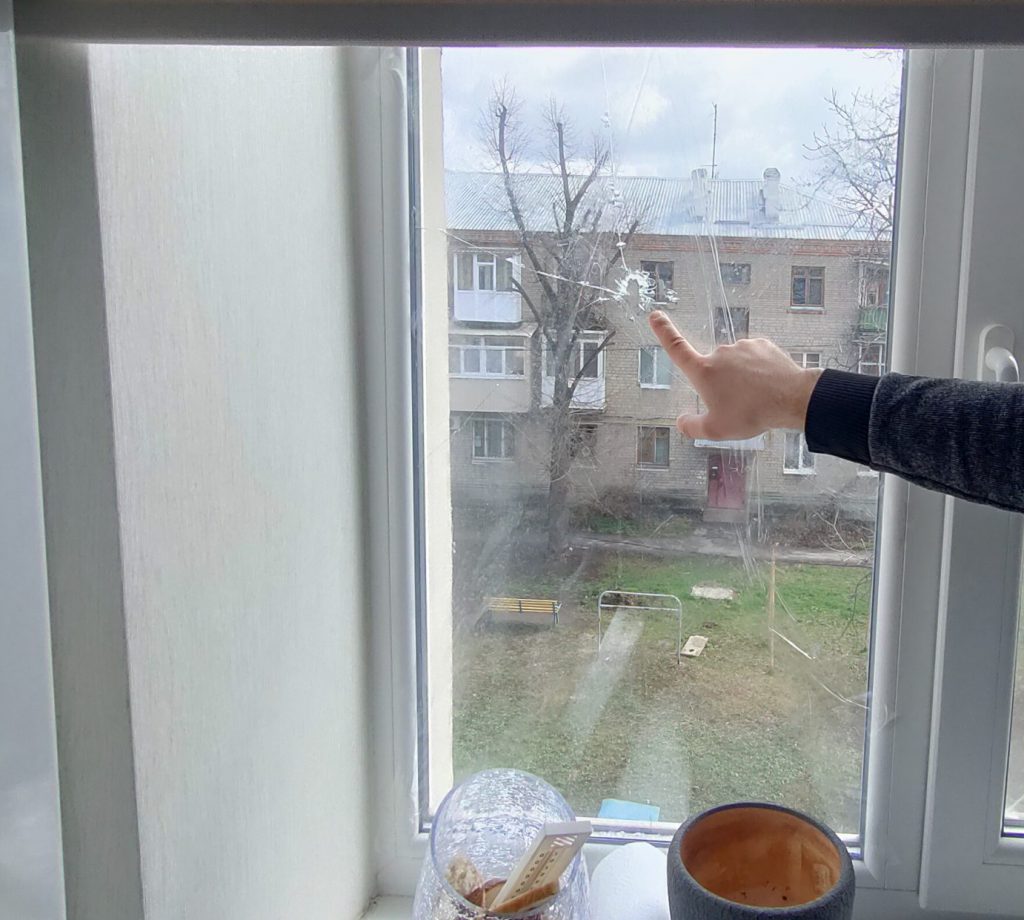
Even with pictures and videos constantly in the news, it is difficult for most of us here, living in a cosy, prosperous town that has seen nothing like this for over 700 years, to imagine the effect that such an invasion has on ordinary citizens going about their daily lives. It was a privilege, therefore, to have the opportunity of talking at length with one of our Ukrainian guests and hearing, at first hand, her own story.
I met Iryna in the Mermaid Inn. We sat down in a quiet corner of this ancient building and, with the aid of translation apps on phone and laptop (she has just started to learn English), she told me her story.
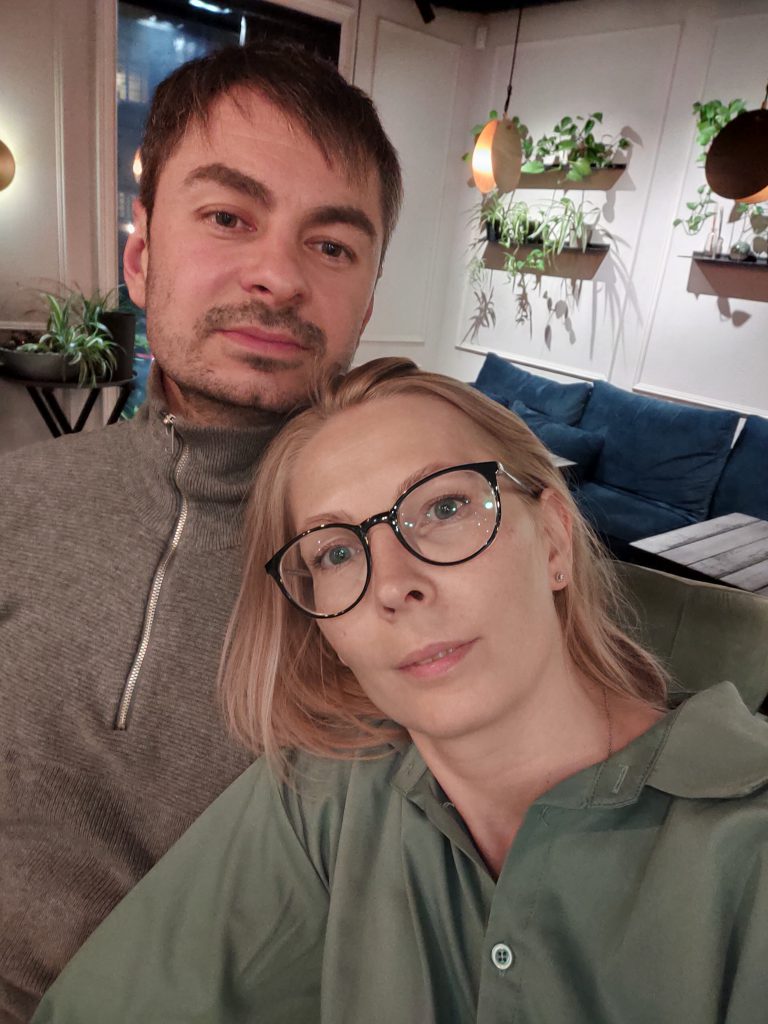
Thirty seven year-old Iryna has been married to her husband Sergey for 11 years and at the start of the war they were living together with her parents in Kharkiv, eastern Ukraine and relatively close to the disputed Donbass region with its separatist movement supported by Russia since 2014. He ran a taxi business and she was an accountant.
They both wanted children but in 2016 the couple’s first child was stillborn at eight months and one can only guess at the devastating emotional effect this would have had. Since then, despite several sessions of IVF treatment, a further pregnancy has not happened. They were, however, going to continue with IVF when, on February 24 this year everything changed.
Russian tanks rolled in from the East and Kharkiv came under attack. As the second city of Ukraine it was one of the enemy’s two main objectives in the early days of the invasion (the other, of course, being Kyiv). As we now know, both objectives failed, but the city was badly damaged and although Iryna’s home remained intact, there were many nearby that were damaged or destroyed. In fact so close did the shelling come, that her own car was pockmarked with shrapnel.
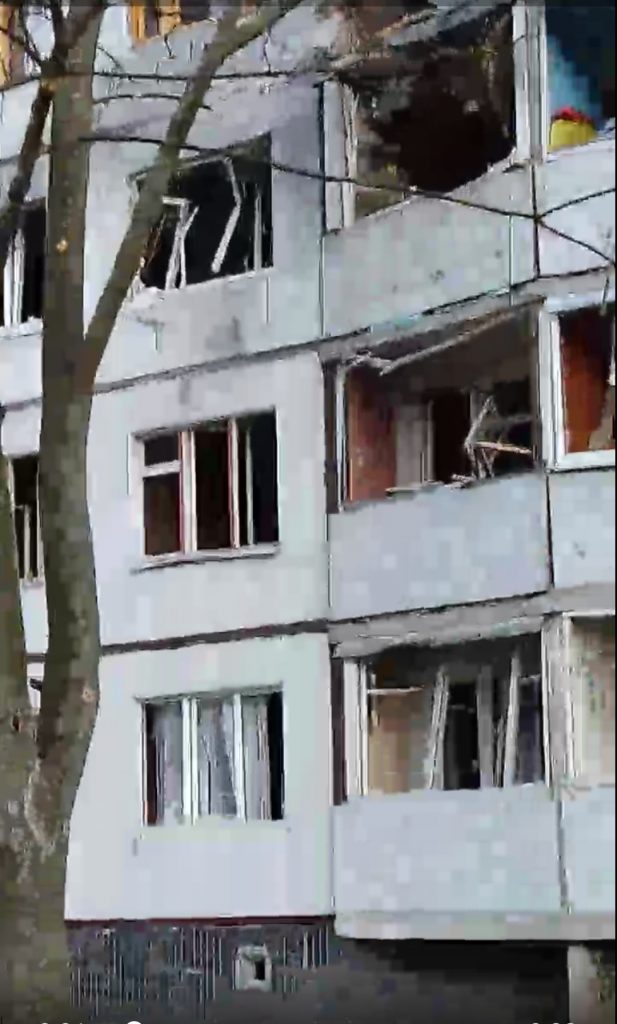
The possibility of a further pregnancy was now untenable. The potential danger to both unborn child and its mother was apparent and eventually they took the difficult decision to leave their home, parents (who had decided that they had no option but to stay) and most of their possessions and migrate with millions of others to a place of safety until, one day, they could return.
Sergey, being of military age and therefore forbidden from leaving the country, is now in Dnipro, some 200 km to the South West of Kharkiv sleeping on the floor of crowded accommodation while continuing to try and keep his business going. First, though, they both travelled west. First a car journey to Poltava, 150km away from Kharkiv, and to the railway station. Immediately on arrival air raid alarms sounded and with memories of the attack on the station at Kramatorsk where, only a few days earlier, a Russian rocket had killed over 50, mainly women and some children while they were waiting for trains away from the combat zone, they rushed from the station area, fearing another attack, only returning much later when the all clear had been given.
Finally, having said their goodbyes and not knowing when they might see each other again, Iryna left on the crowded train making its way, with numerous diversions to avoid possible danger areas where it could have been a target for bombs or rockets, towards Lviv, 1,000km away.
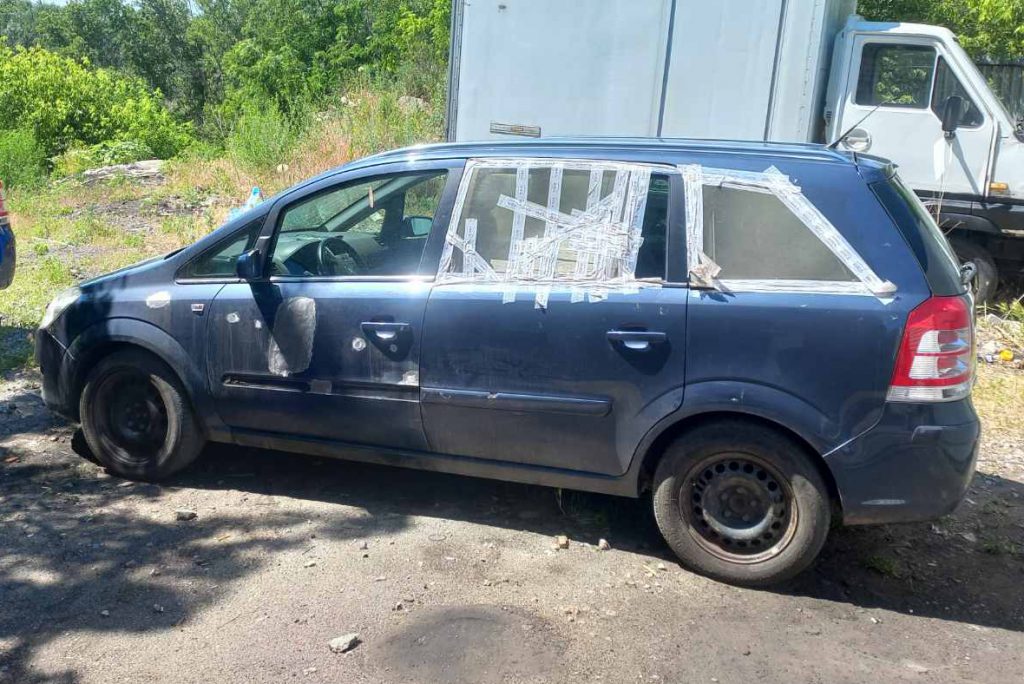
They were met there by a young girl, who looked, Iryna recalls, almost too young to be driving, but who nevertheless took them over the border and into Poland, to a refugee reception centre where, after a brief stay they were transferred to another train bound for Warsaw. She was by now in touch with her English host. The two had heard about each other through the contact system for refugees and as Iryna’s sister, Marina, was staying not far away in Kent, Iryna had focussed on this destination too. She might not be able to be with her sister but, now without the rest of her family, she could at least be in the same country and even, just, in the same county. Marina had come with her two children and her husband who had been given exemption to travel as their home had been occupied by the Russian army and is now certainly uninhabitable.
Her host arranged temporary accommodation in Warsaw while they conquered the British government’s imposed bureaucracy and in particular helped Iryna’s friend (also called Marina and now in Liverpool) with whom she had travelled with but whose lack of a passport for her tiny baby had clearly confused the civil servants tasked with issuing her visa. However, eventually all was sorted out and a final journey to the Czech Republic and Prague saw them at last on a plane to England. And to a new, and for their sake, one hopes temporary life here.
Throughout her story, Iryna remained calm and resolute, only occasionally shedding a tear when talking about her home, her husband or the attempts to have the baby she so desperately wants. Through no fault of her own, she has been forced to leave all that she knows and loves and has found herself in a strange land, with different customs, food and a language she did not understand (although she is working hard on learning English). Most of all she had, it seemed, lost all chance of having the child that was so much wanted.
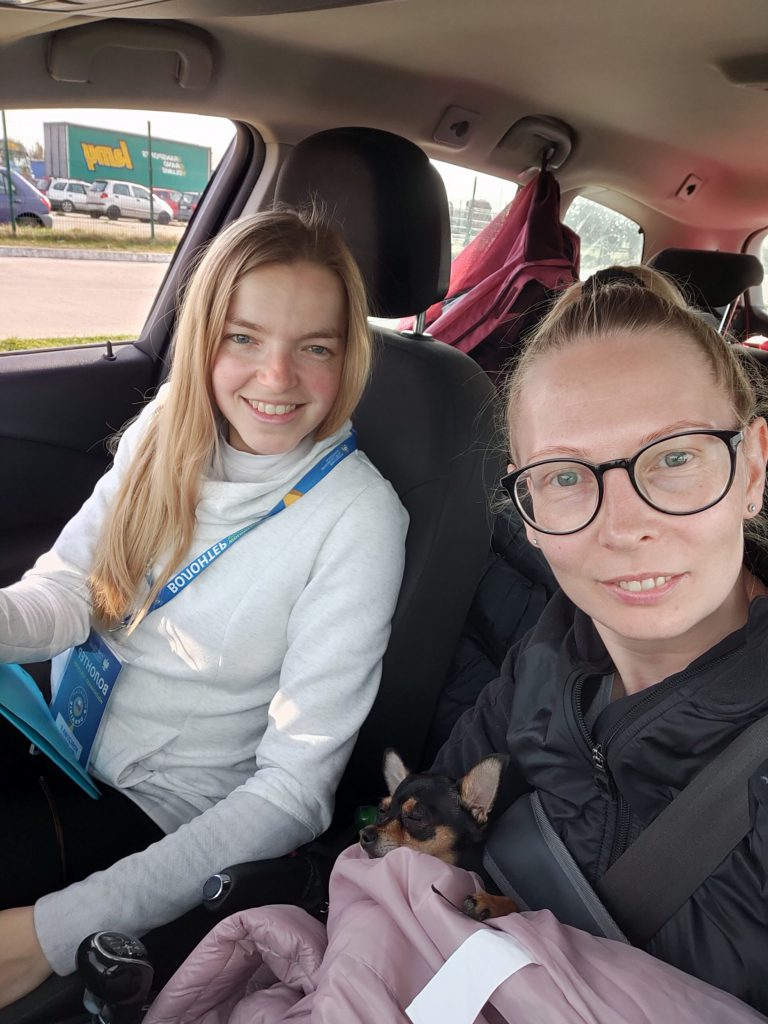
But maybe that chance hasn’t gone just yet. She and Sergey had an embryo frozen ready for the next round of IVF and that is now in Kyiv. Unfortunately, because of regulations regarding the transport of human tissue between countries, this cannot be brought over here. A clinic in Canterbury, however has been found, that with a new sample from Sergey (which the regulations do allow to be transported, albeit at some considerable expense) will prepare an IVF program for her.
So hope raises its head, but there is a problem. IVF is expensive, Iryna and Sergey’s savings were largely exhausted on previous attempts and thanks to the war, there is no longer the money to pay for this and so a ‘Go Fund Me’ page has been set up by her host with an initial target of £5,000, although more may be needed in due course. Just over half of the total has been raised so far but the remainder is still urgently needed. More about Iryna and her story can also be found here.
Our area has proved itself both caring and generous in offering homes to refugees and it would be wonderful if we could build on that reputation by making it possible for Iryna to continue the IVF program. We can make something good come out of this terrible and unnecessary war and all you have to do is either click on the link above or go to this address https://www.gofundme.com/f/iryna-and-sergeys-ivf-journey?utm_source=customer&utm_medium=copy_link_all&utm_campaign=p_cp+share-sheet or just go to gofundme.com and search for Iryna and Sergey’s IVF journey and donate whatever you can. It doesn’t matter how small (although if you are in a position to be generous, that would be wonderful) but if enough of us give something then the total will easily be reached.
The Ukrainians have their own verbal response to the Russian tyrant’s aggression which is probably well enough known for it to be unnecessary to repeat it here, and perhaps the equivalent response to Putin from Rye would be facilitating the introduction of a new Ukrainian life into the world. Iryna has also asked me to include her heartfelt thanks to her host and all her family who have been so welcoming, kind and generous towards her.
To quote Iryna’s final thoughts at our meeting: “I just want everything to be as it was on the 23rd of February. I want this war to be a dream and then wake up to find victory is ours.”
Image Credits: Iryna Litvinova .



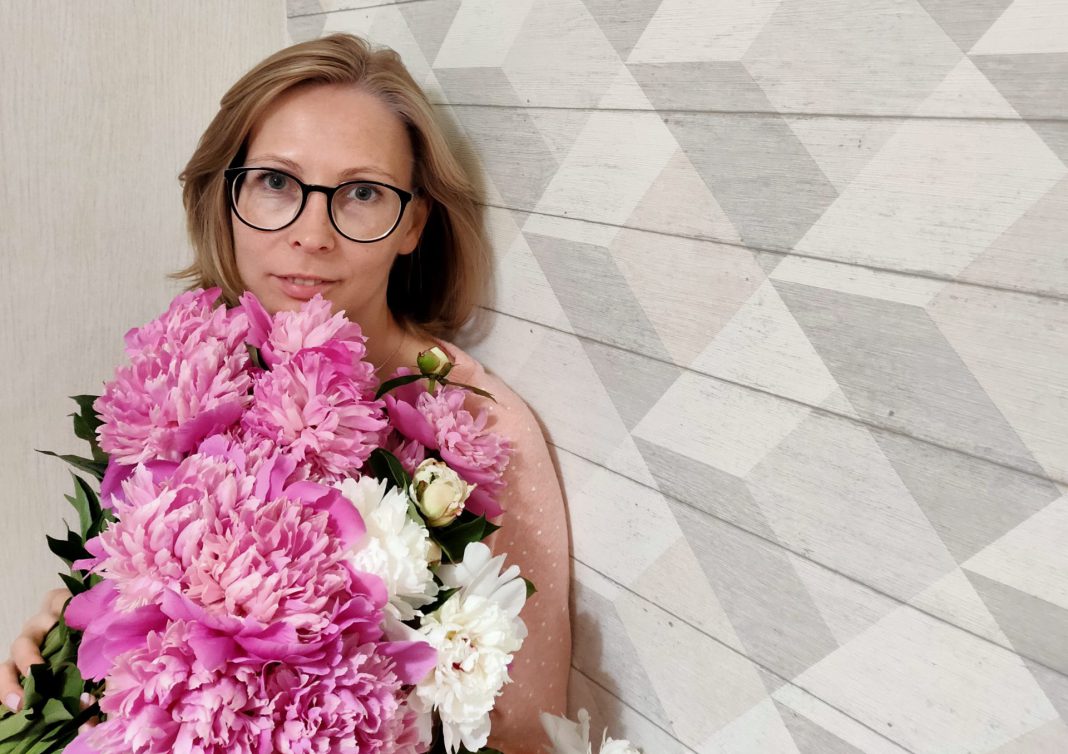
Just had a depressingly fruitless conversation with a couple of traffic wardens: they were about to ticket a Ukrainian number-plated car of some nearby Ukrainian residents. The gist of my approach was ‘I know the regulations need to be enforced but getting a residents’ parking permit may not have been top priority or that easy for someone fleeing death and destruction. Can’t you use a bit of discretion and let it go’. Reply was ‘No. we’ve been told to enforce it. There’s other places they could park’. Makes you proud, dunnit.
That does sound draconian to me Tim..
What a shame they had no way of the traffic warden contacting their boss to arrange the Ukrainian family to obtain a permit…especially as they have only been here in Rye for a few weeks.
They may of course already have been advised to apply for a permit by their host/sponsor family who’s home they are living in.
Let’s hope for justice and mercy in this case prevails.
Reminds me of two occasions I have had penalty notices by officious Traffic wardens..one in Rye and one in Lewisham. The one in Rye was sorted out by my father as I was recovering from a stay in hospital .but then you could go down to the police station.